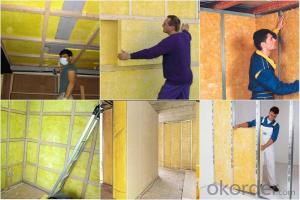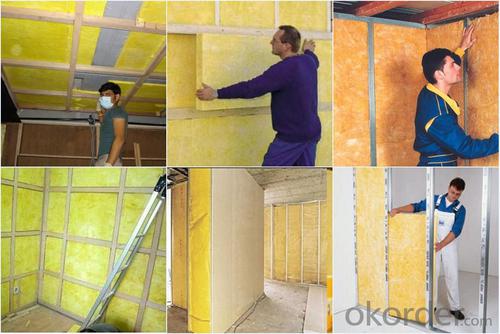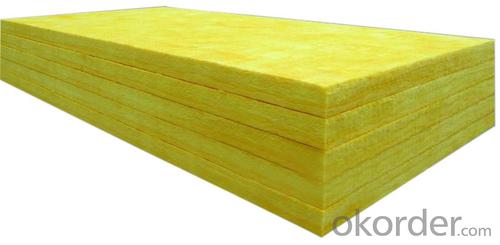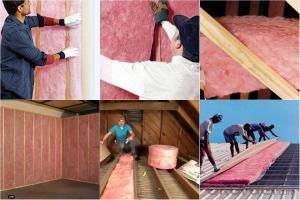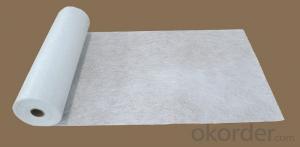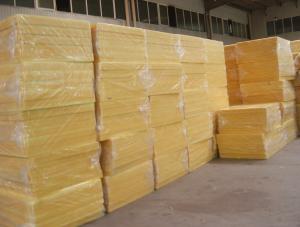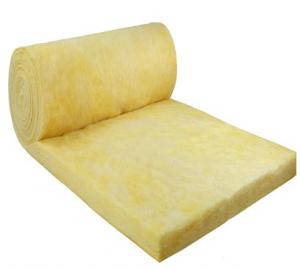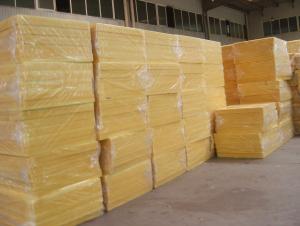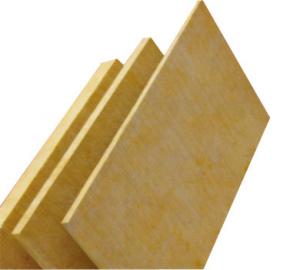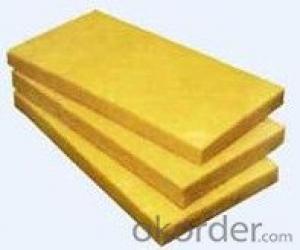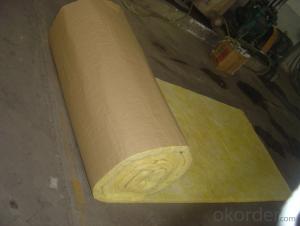Thermal Insulation and Fireproof Insulation glass wool price and glass wool insulation
- Loading Port:
- Tianjin
- Payment Terms:
- TT OR LC
- Min Order Qty:
- 5000 m²
- Supply Capability:
- 20000 m²/month
OKorder Service Pledge
OKorder Financial Service
You Might Also Like
1.Description of Glass Wool Blanket:
Glass wool, which belongs to glass fiber , is a kind of man-made inorganic fiber. It is made from fibrosis glass melt in wool shape, which belongs to inorganic fiber and fiber in its chemical ingredient. Its merit is better in shape, low density and volume, low in thermal conduction, better heat preservation and thermal insulation, fine sound absorption, corrosion-resistant and stable chemical property. Glass wool blanket, glass wool board, glass wool pipe, which made from glass wool, largely use in construction, chemical, electronic, electricity, metallurgy, energy industry and community with good performance in heat preservation, heat insulation, sound absorption.
2.Main features of Glass Wool Blanket:
1) Heat-preservation and heat-insulation, sound absorption and noise reduction
2) Damp proof property
3) Excellent fire proof performance
4) Thermal stability, high temperature heat-stability, durability, high temperature shrinkage resistance
5) Non-poison, not contain rock wool and not grow the mould
6) Thin and long inner fiber
3.Glass Wool Blanket Images:
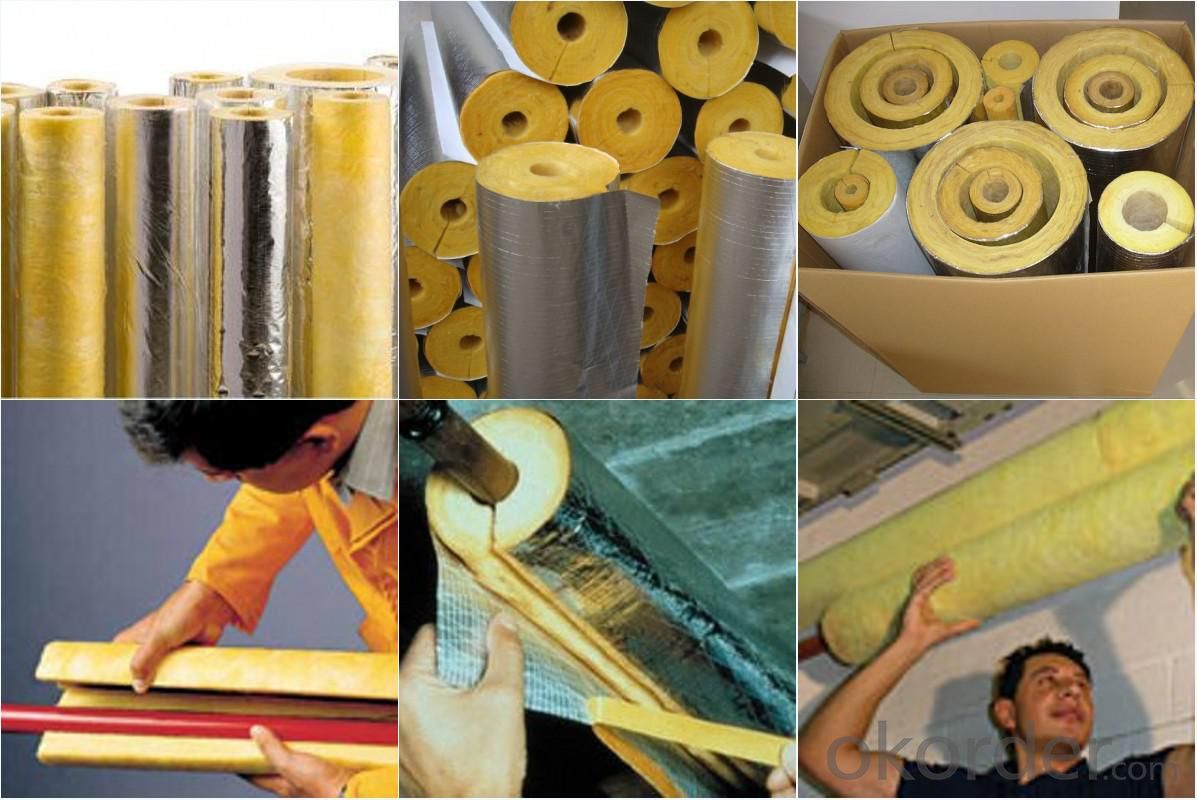
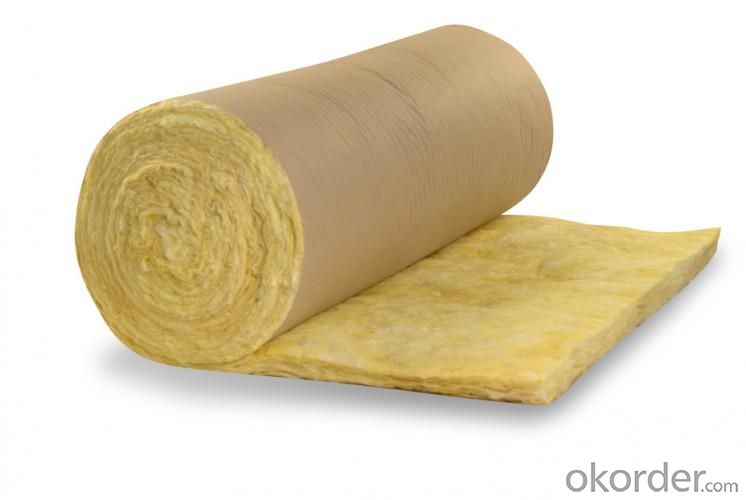
4. Glass Wool Insulation Blanket Technical Parameters:
Property | High/low temperature resistance, oil and fuel resistance, weathering resistance, O zone resistance etc. |
Shape | According to your requirement. |
Color | Any color is available ,according to your requirements. |
Material | NBR, CR, SBR, EPDM, IIR, NR, EP, Silicone, VITON etc. |
Hardness | 30-90ShoreA |
Delivery | In 10 days |
Packing | Plastic bag & carton box or according to your requirements. |
Application | Electronic field, industrial machine & equipment, house-hold appliance, telecommunication, automobile, medical equipment industry etc. |
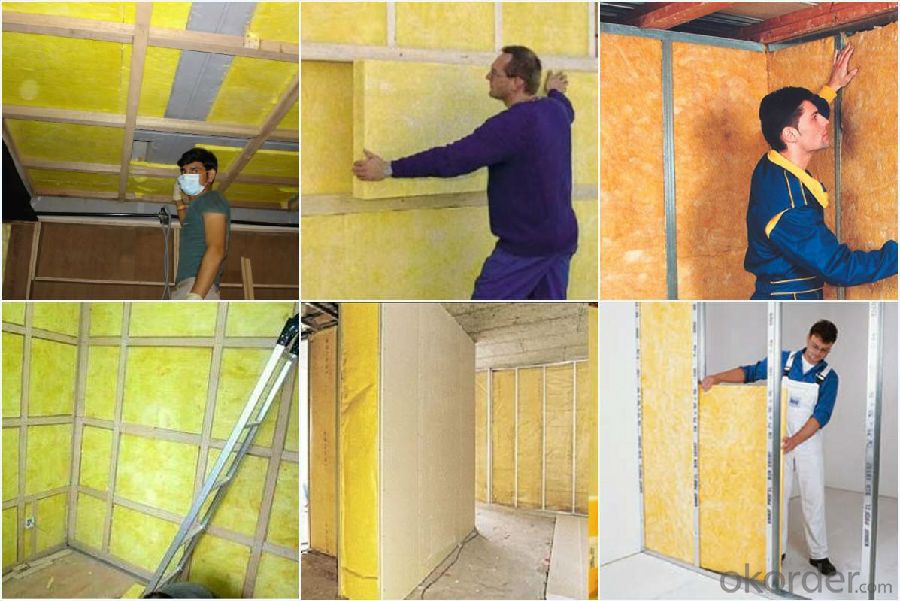
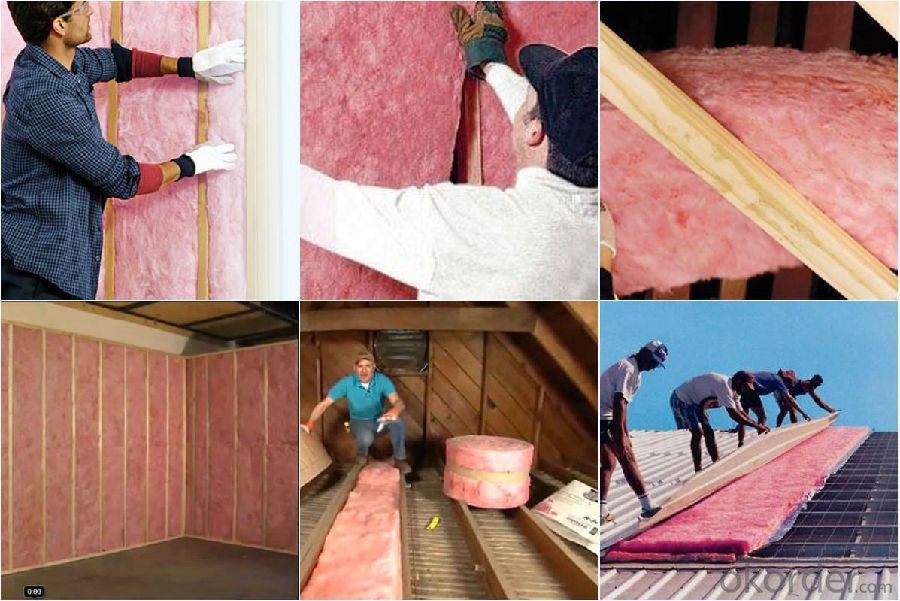
5.FAQ
We have organized several common questions for our clients,may help you sincerely:
①How about your company?
A world class manufacturer & supplier of Glass Wool Blanket is one of the large scale professional investment casting production bases in China,consisting of both casting foundry forging and machining factory. Annually more than 8000 tons Precision casting and forging parts are exported to markets in Europe,America and Japan. OEM casting and forging service available according to customer’s requirement.
②How to guarantee the quality of the products?
We have established the international advanced quality management system every link from raw material to final product we have strict quality test; We resolutely put an end to unqualified products flowing into the market. At the same time, we will provide necessary follow-up service assurance.
- Q: What is fiberglass mat tissue?
- Fiberglass mat tissue, made from randomly oriented glass fibers bonded together with a binder, is a non-woven material used in construction, automotive, and aerospace industries. The primary function of fiberglass mat tissue is to reinforce and provide strength and durability to composite materials. It acts as a supportive layer between the glass fibers and resin, distributing stress and improving mechanical properties. Fiberglass mat tissue offers several advantages. It is lightweight, flexible, and easy to handle, making it suitable for complex shapes and curved surfaces. It also has excellent resistance to chemicals, moisture, and temperature changes, ensuring longevity in harsh environments. In construction, fiberglass mat tissue is commonly used in roofing materials, wall panels, and insulation boards. Its high strength-to-weight ratio makes it ideal for reinforcing concrete structures like bridges and buildings. In the automotive industry, fiberglass mat tissue enhances the structural integrity of car parts such as body panels, bumpers, and interior components, making them more resistant to impacts and vibrations. In aerospace, fiberglass mat tissue is utilized in the production of aircraft components like wings, fuselages, and interiors. Its lightweight nature contributes to fuel efficiency and weight reduction while maintaining necessary strength for safe flight. Overall, fiberglass mat tissue is a versatile and reliable material that plays a crucial role in enhancing the performance, durability, and safety of various products across industries. Its unique properties make it an indispensable component in the production of composite materials.
- Q: Is fiberglass mat tissue resistant to mold growth?
- Yes, fiberglass mat tissue is resistant to mold growth. Fiberglass is made from glass fibers that are tightly woven together, creating a material that is highly resistant to moisture and mold. Additionally, fiberglass is non-porous, meaning it does not absorb water, which further inhibits the growth of mold. This makes fiberglass mat tissue an ideal choice for applications where mold resistance is important, such as in insulation, wallboards, and other construction materials.
- Q: What is the density of fiberglass mat tissue?
- The density of fiberglass mat tissue typically ranges from 0.3 to 0.6 grams per cubic centimeter (g/cm³).
- Q: Does fiberglass mat tissue provide any UV resistance?
- Yes, fiberglass mat tissue does provide some level of UV resistance. The resin used to bind the fibers in the fiberglass mat tissue helps protect it from the harmful effects of UV radiation. However, prolonged exposure to sunlight can still cause some degradation over time, so additional UV protection measures may be necessary for long-term durability.
- Q: Does fiberglass mat tissue require any special surface treatments before application?
- Yes, fiberglass mat tissue typically requires a special surface treatment before application. This treatment usually involves priming the surface with a suitable resin or adhesive to ensure proper adhesion and bonding between the fiberglass mat tissue and the substrate.
- Q: Is fiberglass mat tissue resistant to acids?
- Yes, fiberglass mat tissue is generally resistant to acids.
- Q: Can fiberglass mat tissue be used for making lightweight flooring?
- Making lightweight flooring is possible with the use of fiberglass mat tissue. This material is commonly found in the construction and manufacturing industries due to its strength, durability, and lightweight properties. It is created by bonding fine fiberglass strands together with a binder, resulting in a thin, flexible, and lightweight material. Using fiberglass mat tissue for flooring applications offers various advantages. Firstly, its lightweight nature makes it easy to handle and install, reducing the overall weight of the flooring system. This is particularly beneficial in situations where weight is a concern, such as in aircraft or mobile homes. Additionally, fiberglass mat tissue has an excellent strength-to-weight ratio, making it perfect for creating lightweight yet strong flooring. It reinforces and improves the structural integrity of the flooring, making it more resistant to cracking, warping, and other types of damage. Moreover, fiberglass mat tissue is resistant to moisture, chemicals, and fire, making it suitable for areas where these factors are present, such as bathrooms, kitchens, or industrial settings. It also provides good insulation properties, which helps maintain a comfortable indoor environment and reduces energy consumption. In conclusion, fiberglass mat tissue is an excellent choice for creating lightweight flooring due to its strength, durability, moisture resistance, and insulation properties. However, it is important to consider additional factors, such as the specific requirements of the flooring application, load-bearing capacity, and necessary certifications or standards before finalizing the use of fiberglass mat tissue in a flooring project.
- Q: Is fiberglass mat tissue resistant to corrosion?
- Indeed, corrosion is not a concern for fiberglass mat tissue as it is comprised of non-metallic elements like glass fibers, unlike metals which are susceptible to rust and corrosion. This quality renders fiberglass mat tissue highly suitable for various purposes that demand resistance against corrosion, such as reinforcing concrete structures within the construction sector or for boat building in the marine industry. Furthermore, fiberglass mat tissue exhibits resistance towards chemicals, moisture, UV rays, and extreme temperatures, thereby augmenting its strength and longevity.
- Q: What is the expected lifespan of fiberglass mat tissue in sports facility applications?
- The expected lifespan of fiberglass mat tissue in sports facility applications varies depending on various factors such as maintenance, usage, and environmental conditions. However, with proper care and regular maintenance, fiberglass mat tissue can last for several decades in sports facility applications.
- Q: Can fiberglass mat tissue be used for reinforcing concrete?
- Indeed, reinforcing concrete is possible with the utilization of fiberglass mat tissue. This lightweight and flexible material is frequently employed in construction endeavors to augment the sturdiness and endurance of concrete structures. By embedding it within the concrete, additional reinforcement is provided, which aids in averting the formation of cracks over time. Typically crafted from top-notch glass fibers that are interwoven to form a robust and steady substance, fiberglass mat tissue showcases exceptional tensile strength and corrosion resistance, rendering it an optimal selection for enhancing the performance of concrete. Whether employed in sidewalks, driveways, or other concrete formations, the presence of fiberglass mat tissue can substantially heighten the potency and lifespan of the concrete in question.
Send your message to us
Thermal Insulation and Fireproof Insulation glass wool price and glass wool insulation
- Loading Port:
- Tianjin
- Payment Terms:
- TT OR LC
- Min Order Qty:
- 5000 m²
- Supply Capability:
- 20000 m²/month
OKorder Service Pledge
OKorder Financial Service
Similar products
Hot products
Hot Searches
Related keywords
